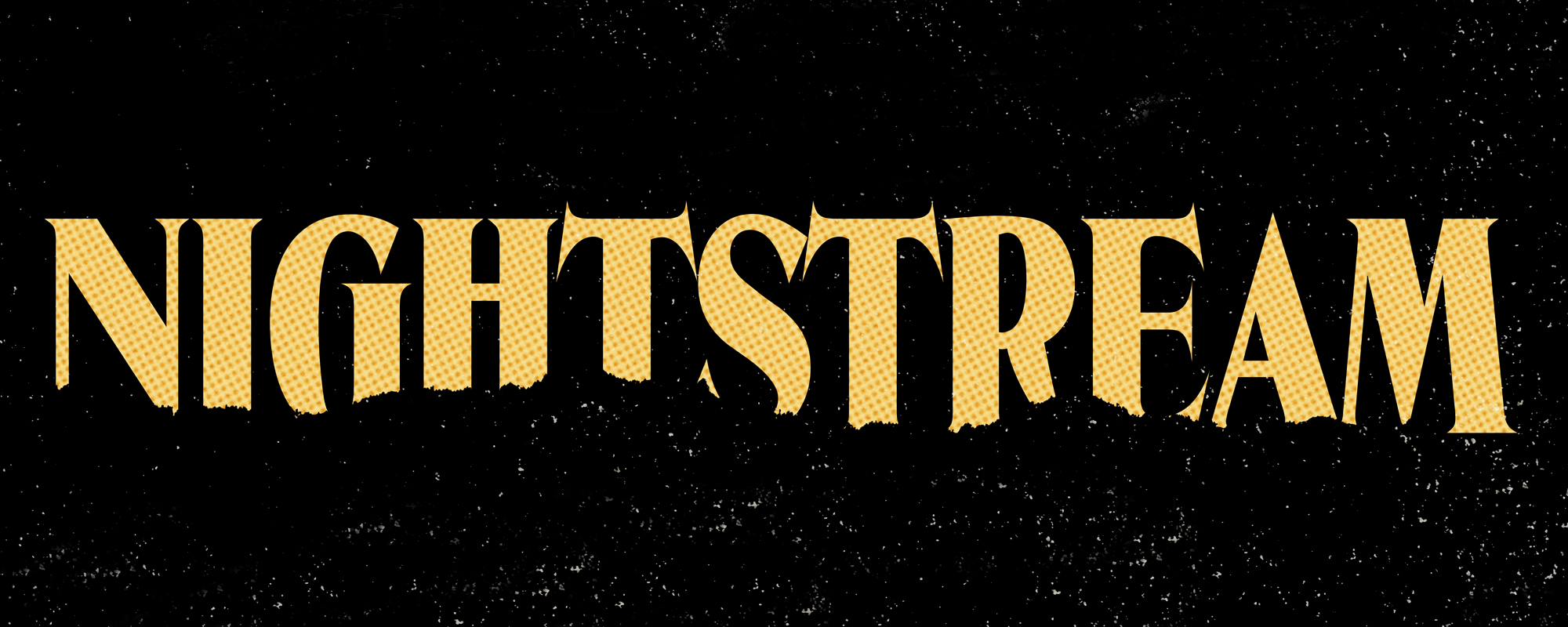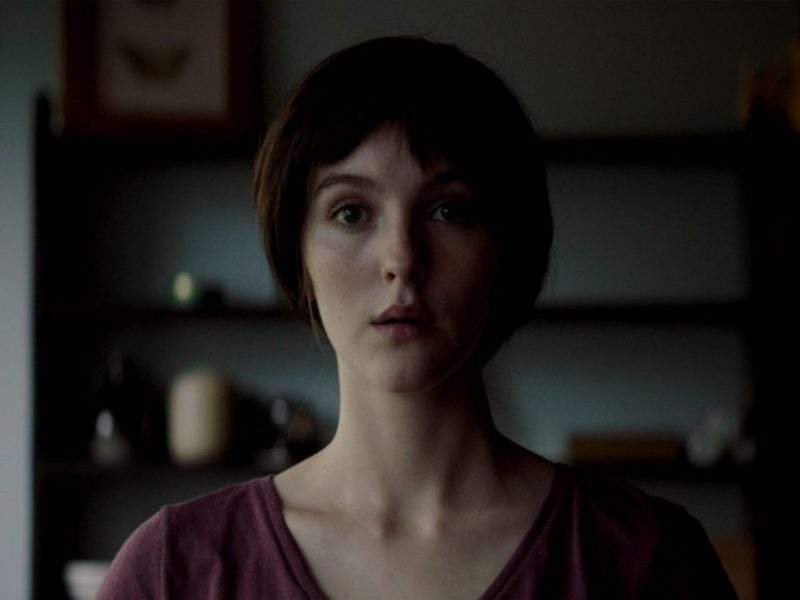

In Mike Mignola’s Hellboy comic universe, the titular character is notoriously hesitant on exploring his origin. On one hand, the fact that he’s an actual demon means he might uncover some truly horrific shit that he’d rather just stay in the dark about. But, on the other, he sees no need to find out about his birth parents because to him he already knows the only man that matters to him as a father. To Anung Un Rama, Trevor Bruttenholm is his father. Not the man who raised him, not his adoptive father…just his father. That’s all he needs to know.

Alas, in the real world, sometimes the desire to know about where we came from can be a quietly gnawing thing at the back of our mind. For someone who has been raised by an adopted family since infancy and that family is really the only one they know, it seems almost strange to seek out a complete stranger (or strangers) to try and gain some kind of closure. But I wasn’t adopted (to the best of my knowledge) so such a situation is completely outside my understanding. That being said, I can put myself in the shoes of someone who finds out they’re adopted at a relatively late time in life and come close to understanding how they feel, which I imagine is a disquieting sense of being adrift. Joe Lawlor and Christine Molloy’s Rose Plays Julie is an examination of how someone would try to deal with that feeling of anchorlessness, and in the process uncover old wounds that are so grievous they were unaware that they existed to begin with.

Rose Plays Julie is the story of Rose, a young veterinarian student who discovers she is adopted. Doing some digging, she finds out that her birth mother is Ellen, a relatively successful TV actor. She confronts Ellen, who is at first blunt and resistant to having Rose in her life at all, but she figures she at least owes Rose an explanation of why she gave her up for adoption. When the truth of Rose’s conception and subsequent adoption are revealed, she decides to confront her biological father, a celebrity archeologist played masterfully by Aiden Gillen, under the alias “Julie,” the name on her birth certificate. She expects to encounter an unpleasant truth, but what she finds goes far beyond her expectations and leads her to realize that sometimes even a mother’s love for her child isn’t enough to overcome the darkness surrounding the events leading to that child’s birth.

There’s a lot to unpack with this film, despite having a relatively straightforward premise. Rose’s adoption of the Julie persona to get closer to her father isn’t strictly practical as a way of getting to know who he really is without the precept of being his daughter. It’s also very clear that Julie is who Rose wants to be, the acknowledged daughter of a mother she never knew. The title of this film says it all; she is playing a role in the same way her biological mother is. As Julie, she is free to explore who she could have been if things hadn’t gone the way they had. There’s a tragedy there, in that suddenly Rose’s life is thrown into chaos by her adoptive parents’ revelation and that suddenly everything she thought she knew isn’t as concrete as it was the day before. By becoming “Julie” she regains control of her identity, if only for a moment. She becomes who she believes she really is. It’s not much, but there’s a sense of sly empowerment there that Rose takes as her own. Ann Skelly is absolutely extraordinary in bringing Rose to life, switching between a scared young woman feeling lost and then later asserting herself in the face of interfamily horror. Orla Brady is equally enrapturing as her birth mother Ellen, gradually thawing from a deliberately distant mother figure who has done all she can to unsuccessfully forget her firstborn child into a fractured and apologetic but clearly loving woman who just wants to make things right with her daughter. There’s a line at the end about how she never got to hold Rose and it hits like a hammer. Similarly, the last conversation Brady has with Gillen is one of the most brutal and realistically stunning monologues I have seen in a film in a long time. The energy between these two actors crackles and transports us into both of their points of view, where we are feeling the same way Gillen does (incredibly remorseful and full of disgust over his actions) and Brady (seething with rage and hatred at Gillen for not only what he did to her but what his actions forced her to do with their child). It’s a quiet scene, but emotionally it’s like a wave crashing upon us that just keeps going and going. It’s overwhelming but in a way that more cinematic moments need to be. Merciless yet measured, steady but unrelenting, quiet yet full of bleak kinetic emotional energy that doesn’t let up.

There’s the old adage of “let the past be the past”, and often times it’s applied some BS cornball sentiment about forgiving and forgetting and just moving on. In the case of Rose Plays Julie, however, it’s less an adage and more a dire warning. Sure, there’s a somewhat tender resolution to Rose’s relationship with her birth mother. But we don’t know how she’s going to process what she’s learned and what she’s experienced. To each their own, but often times what we don’t know can’t hurt us, and in this case digging into it to alleviate the pain of not knowing seemingly unearths more pain and more questions.



